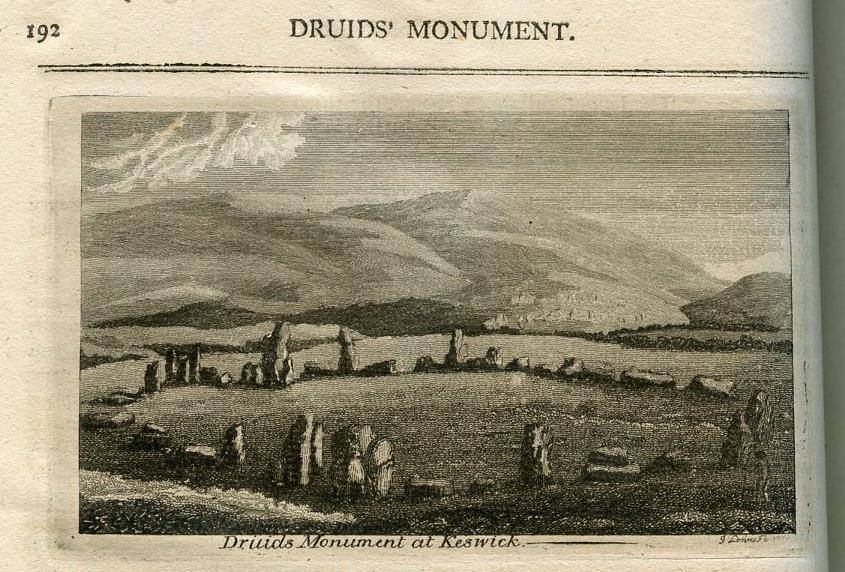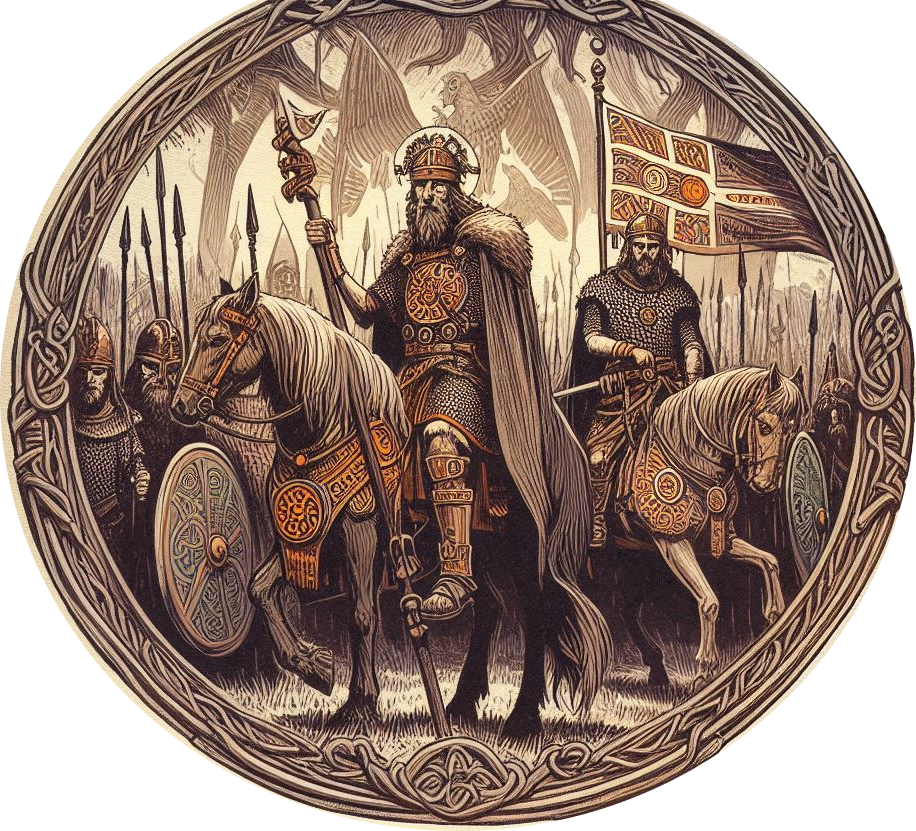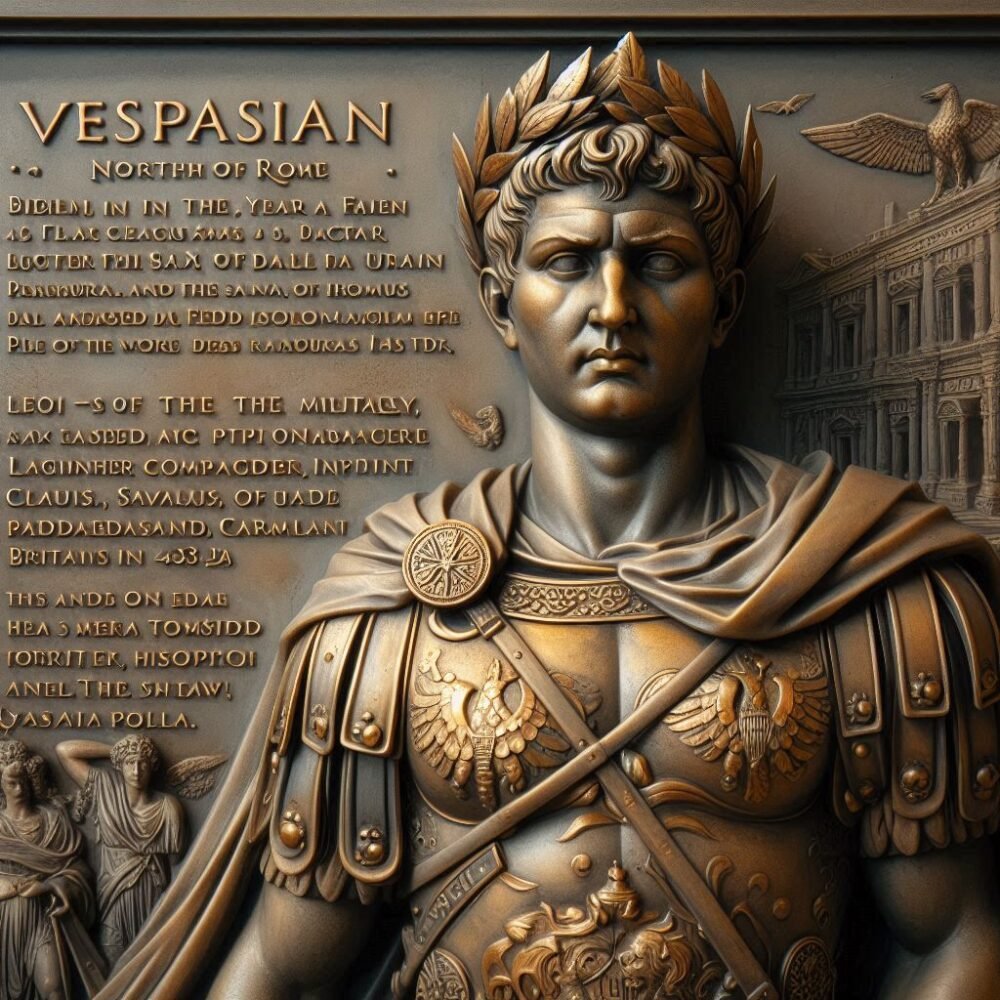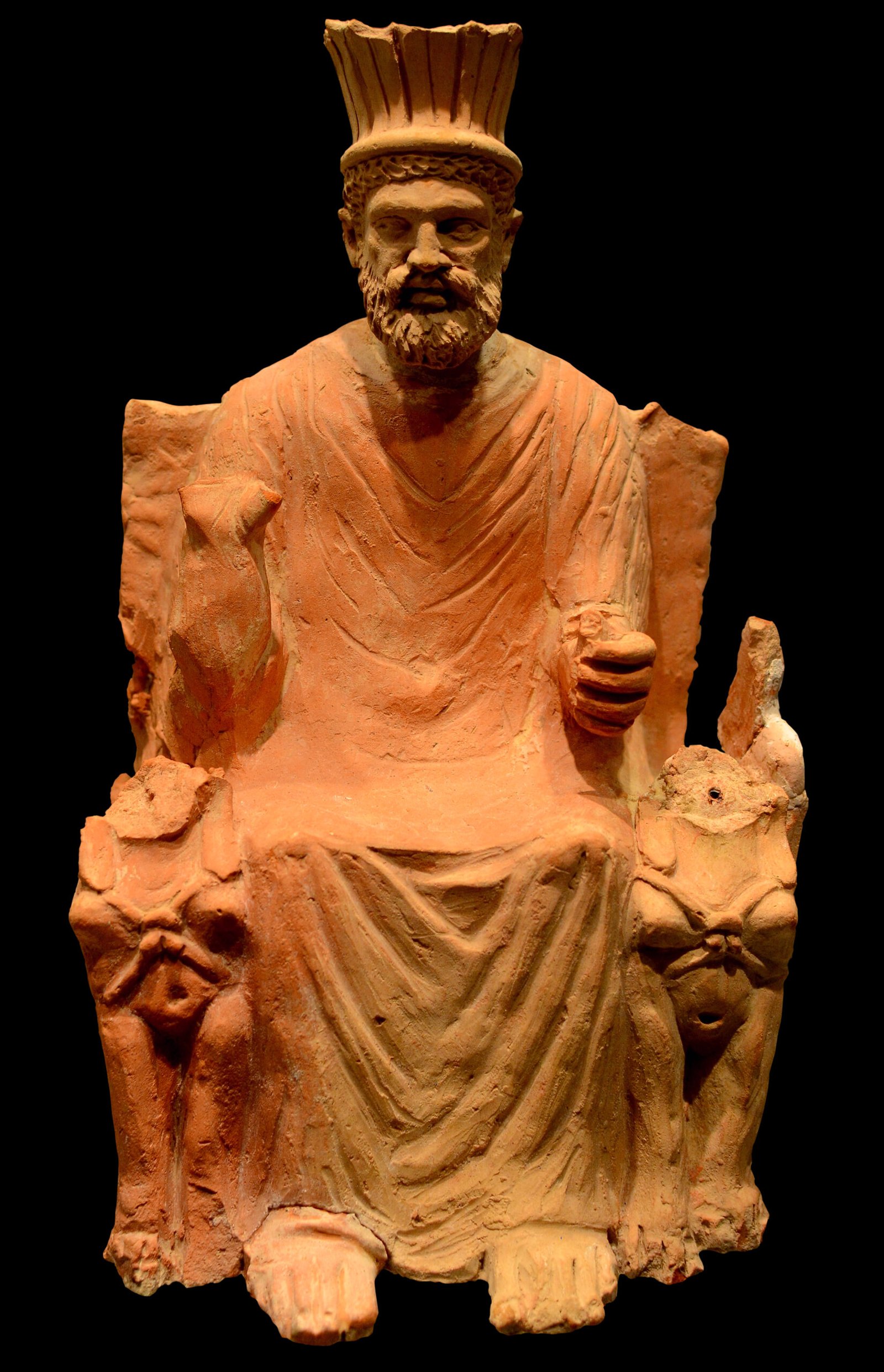The similarities between the names Cambre, Cambria, Cumbria, and Cymru (the native Welsh name for Wales) have been noted by linguists and historians, particularly when exploring Indo-European and Celtic roots. These names are thought to derive from ancient Celtic words for “land,” “country,” or “region,” indicating shared linguistic origins.
Key Points of Connection:
Celtic Etymology: The Welsh “Cymru” and Latinized “Cambria” originate from the Brittonic kombrogi, meaning “fellow countrymen” or “compatriots,” emphasizing a shared sense of identity among the ancient Britons.
The place name Cumbria (in northern England) shares a similar derivation, highlighting its historical Celtic-speaking population.
Galician Cambre: Cambre, a town in Galicia, is thought to have pre-Roman or Celtic origins. While direct etymological ties to “Cymru” or “Cambria” are not definitively established, Galicia’s deep Celtic heritage suggests that its toponyms might share common roots with other Celtic-speaking regions like Britain and Ireland.
Cultural and Linguistic Ties:
Galicia has a long-standing cultural and historical association with the Celtic world. The shared cultural and linguistic influences between the Celts in Iberia and those in the British Isles could explain similar place names.
Folklore and Migration Legends:
Legends of Celtic migrations often draw parallels between Galicia and the British Isles. For instance, the Lebor Gabála Érenn (Book of the Taking of Ireland) links the Gaels to Galicia through the figure of Breogán. This cultural exchange could have contributed to overlapping linguistic patterns.
While no definitive evidence ties Cambre in Galicia directly to Cumbria or Cymru in Britain, the linguistic similarities underscore the shared Celtic heritage of these regions. This connection often fascinates scholars exploring the spread of Celtic culture across Europe.




























